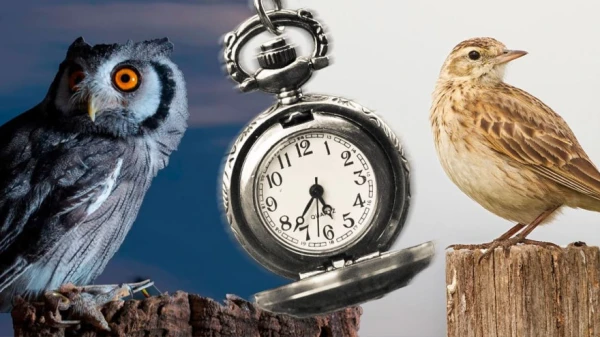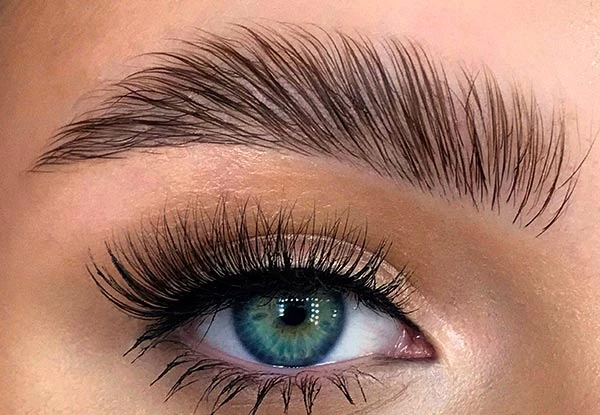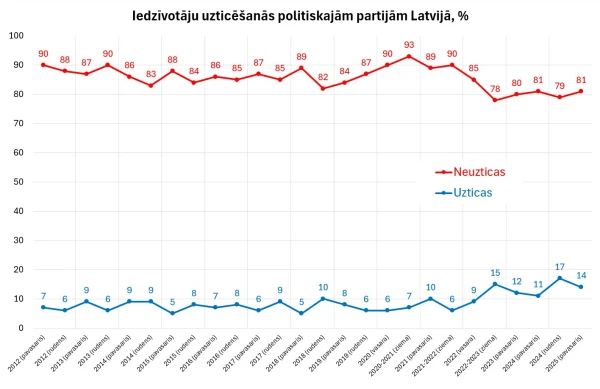
People are divided into larks and owls — the former go to bed early and wake up early, while the latter prefer to stay awake at night and sleep during the day. Studies show that such a nocturnal lifestyle can negatively impact health, increase the risk of early death, disrupt psycho-emotional state, and reflect on appearance.
Premature Death and Bad Habits
A Finnish study among identical twins showed that owls have a 9% higher risk of premature death than larks. Dr. Bhanu Prakash Kolla attributes this to the habit of consuming more coffee, energy drinks, and alcohol, as well as chronic sleep deprivation typical of night owls.
Social Jetlag: When Biological Clocks Clash with Society
Owls often experience social jetlag — a desynchronization of biological clocks with the commonly accepted rhythm of life. Every early rise becomes a stressor for the body. A study in Germany involving 65,000 people showed that jetlag increases the risk of overweight, mental health issues, and addictions. Dr. Till Roenneberg advises adapting one's lifestyle to their chronotype or getting as close as possible to a "normal" schedule.
Risk of Rash Decisions
Owls tend to make impulsive and risky decisions, notes Dr. Rebecca Gowan. Frequent thoughtless actions can create problems in work, study, and personal life.
Hypertension and Cardiovascular Risks
A 2013 study showed that night owls are 30% more likely to suffer from hypertension. The reasons include low physical activity, irregular eating habits, and stress associated with disrupted sleep patterns.
Skin and Sleep Hormones
American dermatologist Victoria Stenell notes that between 10 PM and 2 AM, the body produces melatonin, which stimulates collagen and skin cell division. Lack of sleep during this period makes the skin dull, reduces its elasticity, and accelerates signs of aging.
Emotions and Mental State
Owls find it harder to control emotions and change opinions, according to studies from the Netherlands. They are more prone to depression, anxiety, and mood swings, especially in the morning and during the day.
Thus, a nocturnal lifestyle affects health, emotional state, and beauty, making care for a proper sleep schedule particularly important.













